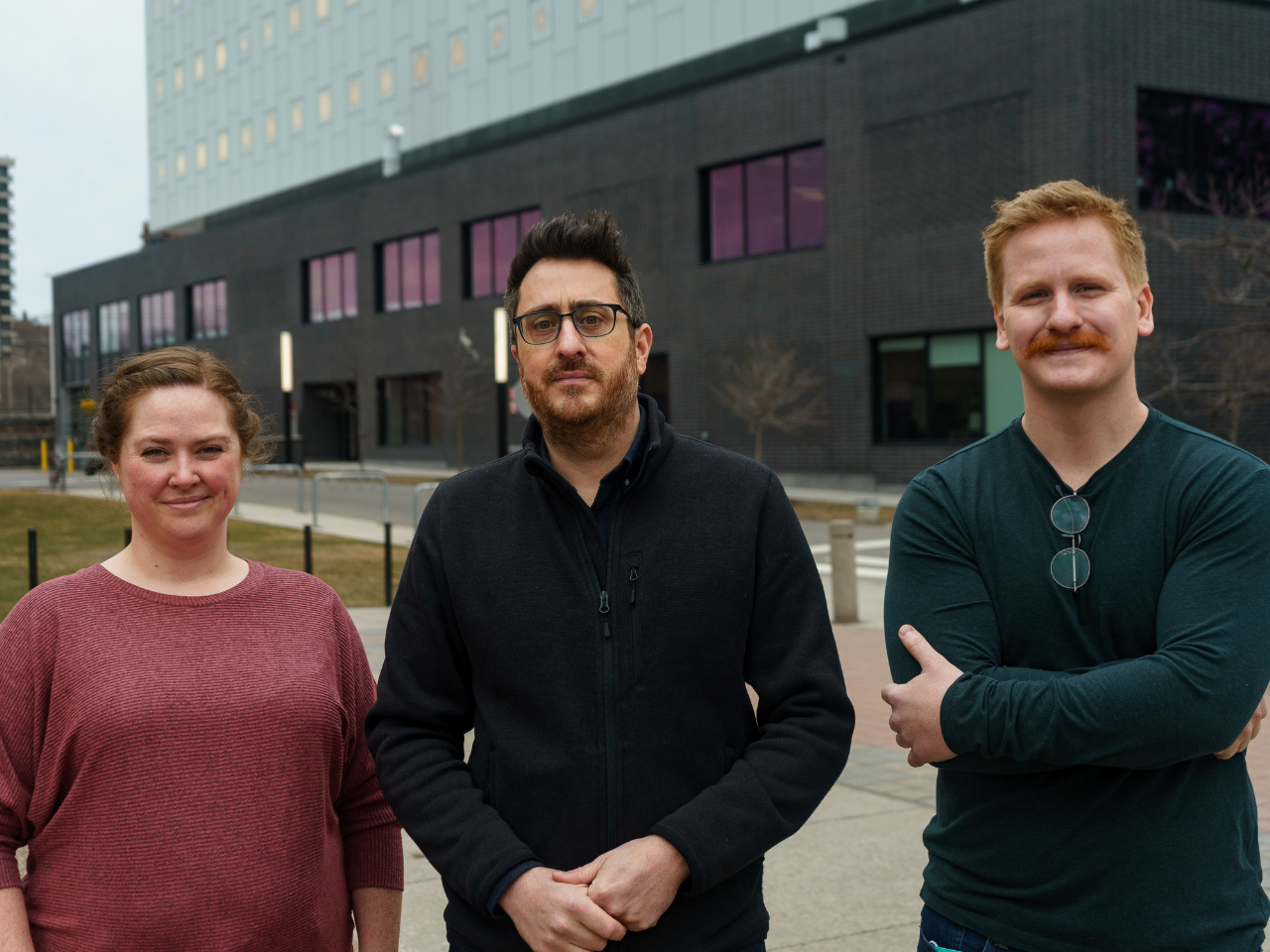
Professor Jaclyn Brusso from the Department of Chemistry and Biomolecular Sciences specializes in developing smaller, lighter, cheaper and more efficient optical, magnetic and electronic materials. In partnership with Professor Benoît Lessard from the Department of Chemical & Biological Engineering, an expert in the fabrication and characterization of thin film electronic and photonic devices, Prof. Brusso proposed a project aimed at harnessing spin electronics (i.e., spintronics) in the quest to develop superior next generation nanoelectronic devices with reduced power consumption and increased memory and processing capabilities. Their interdisciplinary proposal is targeting new materials by design: compounds created to exploit key attributes of organic and inorganic paramagnetic materials and to implement them into next-generation smart electronics. Successful completion of the project objectives will lead to the development of novel spintronic materials and circuit architectures that take full advantage of spintronic phenomena, materials and devices. This interdisciplinary research has the potential to yield pioneering spintronic applications, which may include 3D spintronic embodiments for high-density memory and storage devices, artificial neurons and synapses for artificial intelligence based on spintronic devices, and quantum engineering/computing.

From the Department of Physics, Professor Vincent Tabard-Cossa is a leading expert in solid-state nanopores and nanoscale biophysics who joined forces with Professor Walid A. Houry (Department of Biochemistry, University of Toronto), a renowned expert in ClpXP unfoldase biochemistry and cell biology, to develop a single-molecule protein sequencing technique by utilizing an enzyme-directed solid-state nanopore system. This pioneering project will advance single-molecule protein sequencing as a new tool for proteome analysis to detect rare, but biologically and clinically relevant proteins. Many diseases result from subtle changes to the cell proteome and the presence of rare proteins. If detected, these could lead to the discovery of new disease biomarkers, that for example can be used as early heralds of neurodegenerative diseases and cancer. Profs Tabard-Cossa and Houry proposed a disruptive protein fingerprinting technique that could uniquely identify individual proteins in a purely electrical manner, paving the way for full-length protein sequencing at the single-cell level. Their approach uses an engineered ClpX unfoldase as a molecular motor to unfold proteins and control their motion through a solid-state nanopore, to decode their sequence. If successful, the results of this research will bring important advances in disease diagnosis.
We are excited to follow the progress of these two innovative projects that bring together complementary expertise from distinct disciplines for significant societal impact.


